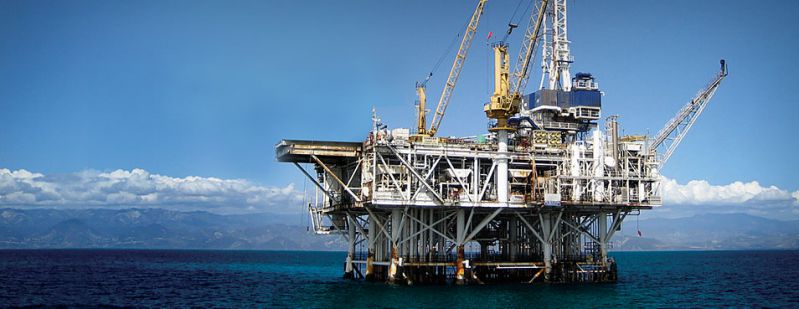Water Technology Innovation from Texas Gas and Oil Companies
Published on by Water Network Research, Official research team of The Water Network in Business
Texans know that water is among our state’s most precious resources and it takes creative thinking and cooperation between the public and private sectors to address our water needs.
Texans may not know, however, that the oil and natural gas industry is at the forefront of water conservation, innovation and sustainability efforts in the Lone Star State.
Texas is the nation’s No. 1 producer of oil and natural gas because of a tried and tested well stimulation technique called hydraulic fracturing or fracking. Water used in fracking accounts for a small fraction of the state’s total water use. According to the University of Texas Bureau of Economic Geology, water use by the oil and natural gas industry is still projected to be less than 1 percent of water use in Texas when exploration and production water demands are expected to peak within the next two decades.
Even so, many Texas oil and natural gas companies are voluntarily leading the way to develop and deploy innovative technologies that are reducing water use, expanding water reuse and increasing use of naturally-occurring saltwater (brackish water) in their operations, such as:
>> Pioneer Natural Resources earlier this year began a $25 million infrastructure project to save water and cut costs, working with the City of Odessa. As part of the project, Pioneer purchases the city’s otherwise unusable municipal wastewater for use in the company’s energy production.
>> Concho Resources Inc., is working with the Gulf Coast Waste Disposal Authority (GCA) on a water reuse system in GCA’s Odessa South Facility. Concho will put this wastewater resource to use in its drilling operations in West Texas.
>> In West Texas, Devon Energy has blended water from aquifers that is not suitable for drinking with water that returns to the surface during oil and natural gas exploration and production.
>> Anadarko Petroleum has invested $550 million in recent years in water management, conservation, recycling and water infrastructure projects, according to the Wall Street Journal. Anadarko also participated in a first ever joint research project with industry, agriculture, academics and government to irrigate a West Texas cotton crop using recycled water from its energy operations. Researchers are studying innovative water conservation strategies that could be used more broadly across Texas.
>> Apache Corp., uses recycled water from its production operations for future drilling and fracking operations. The recycled water is often mixed with brackish water from the Santa Rosa Aquifer, a resource that is generally unfit for human consumption or agriculture use. Apache has also treated water from the municipal wastewater plant in College Station for use in fracking operations in the Brazos Valley, minimizing the company’s need for water from the Brazos River.
>> In its West Texas operations, BHP Billiton has reduced its fresh water use to 20 percent of total water use by increasing use of brackish water and recycled water.
>> In its West Texas operations, BHP Billiton has reduced its fresh water use to 20 percent of total water use by increasing use of brackish water and recycled water.
>> In South and West Texas, BHP Billiton has implemented mobile potable water and wastewater treatment systems on its drilling sites to conserve water, eliminate plastic water bottle waste and reduce the need to truck water on site.
>> In the Eagle Ford, brackish water accounted for 86.9 percent of water used for Marathon Oil’s drilling and completions operations in 2015. In addition, Marathon recycled over one million barrels of produced water in 2015 for use in its operations.
These are examples of ongoing advancements in water technologies used for oil and natural gas operations — innovation that continues every day. Texas geology is diverse and producers approach each operation with that geology in mind. For example, not all water can be treated to successfully free trapped oil and natural gas from tight shale rock. Texas has been wise to embrace policies to encourage water recycling and reuse while avoiding a one-size-fits-all approach. The oil and natural gas industry will continue to work with state regulators to pursue their mutual goals of encouraging water recycling and reuse.
This is important work because beyond the direct sustainability benefits of the oil and natural gas industry’s water solutions, these innovations can be applied to water challenges across Texas and around the world. So these investments will pay dividends far beyond the wellhead and are helping to keep energy operations and our environment sustainable for future generations.
Source: The Monitor
Read More Related Content On This Topic - Click Here
Media
Taxonomy
- Innovation
- Technology
- Oil & Gas